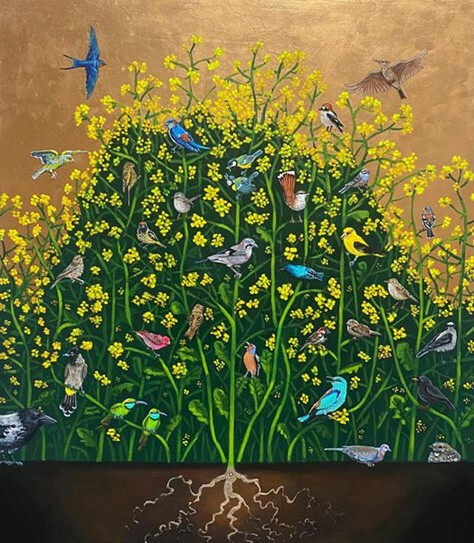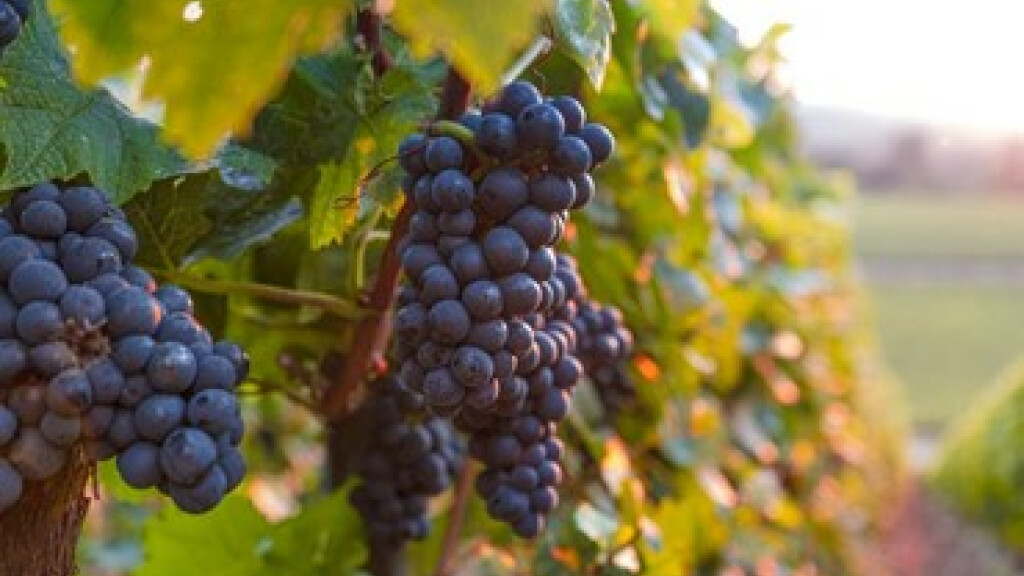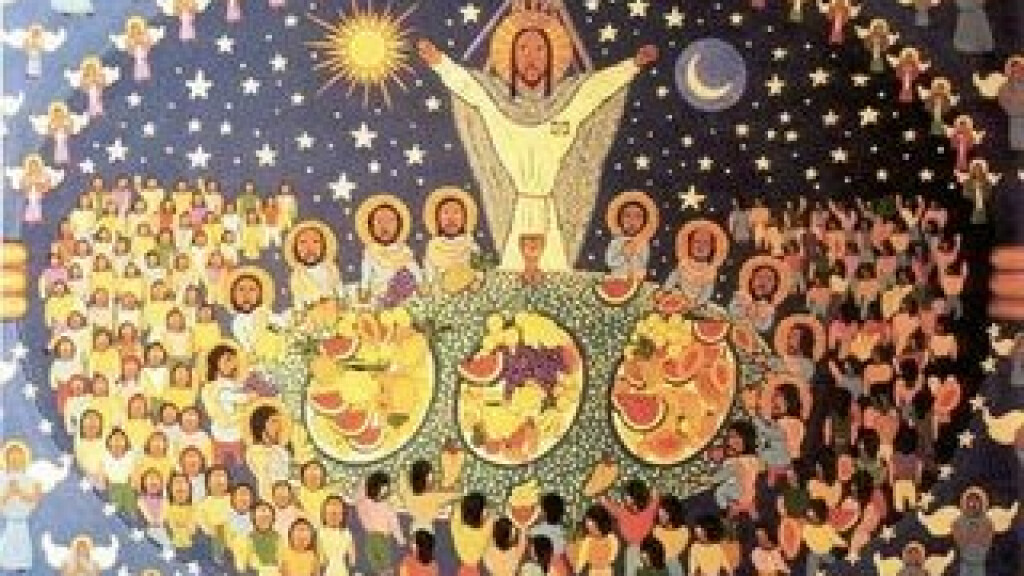September 03, 2023 | Rev. Loren McGrail
(Picture: The Sower by Van Gogh)
The Soil is Good because the Harvest is Shared
Matthew 13:1-9
Rev. Loren McGrail
Holmdel Community United Church of Christ
September 3,2023
“A Sower went out to sow.” The Sower sowed on four different terrains. Only one terrain was good soil and brought forth grain. Easy peazy. Listen, Jesus is the Sower, the seeds are the Gospel, and we are the soil. Try and become the good soil for the abundant outcome of the harvest or the coming of God’s kingdom. End of sermon.
Is it really this simple? Should I go on about how we can become fertile ground or at least not sinful rocky ground? I’d rather not. Instead, I would like to talk to you about how this parable relates to the political, economic, and social reality present at the time of Jesus and then I want to shift to what if the Sower is not Jesus but God.
When Jesus started his parable with “A Sower went out to sow” the hearers knew what would happen with the harvest because they knew the harvest belonged to the elite. They were farmers---the working poor. They knew the story because it was imprinted into their aching hands.
In the Galilee under Caesar and the Herods, the Galilean peasants lived under a heavy system of tribute and taxes that were extracted from the surplus of the harvest. Most did not own their land so also had to pay rent for the leased land. And on top, they had to pay tithes to the Temple in Jerusalem. The Parable of the Sower is a story about this life of suffering, abuse of power, high taxes, tithes, and choices; it depicts the everyday life of the peasantry in 1st century Galilee, says Bible scholar Ernest Van Eck.
The path and the birds represent the roads created to take the grain back to Rome or other parts of the empire. The roads siphoned off the wealth of the farmers which was made worse by the birds who also came to devour the seeds. And the rocky places are the lands mostly left for the peasants to grow what they could for their families, their harvest always at risk because it was difficult to be rooted in a land where you were not allowed to out down roots.
And the thorns, well you guessed it, these are the tithes that must be given for the temple. The peasant farmers told Jesus, “Preach it now.”
But then the story turns. The good news is that many seeds fell on ‘the good soil’ that yield 30-, 60-, and 100-fold. This was the small amount of land that belonged to the peasants who shared their seeds and leftovers with the poor gleaners. The kin-dom of God becomes visible here, Dear Ones. The soil is good because the harvest is shared.
In a world with little choice, the parable gives a vision on how to cope. In the words of biblical scholar Marianne Sawicki: “Jesus' first followers knew that there was no escape, no place to go to get away from the civil and personal evils confronting them. They had to figure out how to live in a landscape compromised by colonial oppressions. They would seek and find God's kingdom precisely in the midst of that.”
In a world that depicts those in power as gods and thus the ones who own the harvest, Jesus tells his followers that it is them who will reap the reward. This good news subverts imperial power. It begins by acknowledging that the harvest belongs to God, and God is in control of the harvest when it is shared with others. When shared, everyone will have enough and receive 'hundred fold'.
Do we have ears to hear this good news this morning? The news that the grass and the truth will break through because the harvest belongs to God.
The world does not belong to the ruling powers, either a former or sitting President, or even our justice system with its many courts and judges. It belongs to God. Dear Ones, as difficult as it was to watch the January 6 hearings, were we not watching in slow painful motion the detailed account of how a former President tried to sow a lie in order to hold onto power? Thank God for scattering seeds everywhere including into the hearts of some of our lawmakers who drew the line when asked to break the law or lie. Are we not watching our judicial system struggling now to bring the truth to the light?
Finally, Dear Ones, God loves their children. God loves all of them no matter their sexual identities, or who they choose to love. Love is love. Thank- you God for scattering the seeds everywhere so we can see your image in all. Embolden us to stand against any school board or legislation that seeks to limit your love. We have answered the call to be an Open and Affirming church. Let anyone who has ears to hear, shout out, “We see you and we will stand with you.”
Dear Ones, all the terrains are God’s. Who are we to tell God what “good soil” looks like? Who are we to decide who is worthy or not of the Sower’s generosity?
So Dear Ones, who have been the Sowers in your life? Who has brought love and hope, new growth, or life itself? Equally important, how are we following in the footsteps of this generous Sower? How are we at scattering seed before and after us in the widest arc our arms can make? How are we expressing lavish love? How are the people inside and outside the church experiencing us as we tend to the rocky and thorny places in ourselves and our community?
Dear Ones, we are invited to sow seeds of love, mercy, justice, humility, and truthfulness. Let these seeds fall through your fingers so that even the birds, the rocks, and the thorns and the shallow sun scorched parts of our world burst into joyous life.
The imprudent generosity of the Sower reveals a God who gives without considering the worthiness of the recipient. This apparent lack of taste travels from the Sower and permeates the seed, growing in us a word that uproots our deepest assumptions about what is prudent and who is deserving.
God's generous giving of self makes the stinginess of our self-protection that much more evident. If we embrace God's gratuitous giving, we come to recognize our very selves as lavish gifts from God.
Let those who have ears to hear, and hearts broken open, err on the side of extravagance and wastefulness and join the Sower in creating the great harvest, the kin-doom come on earth as it is already in heaven.
Series Information









